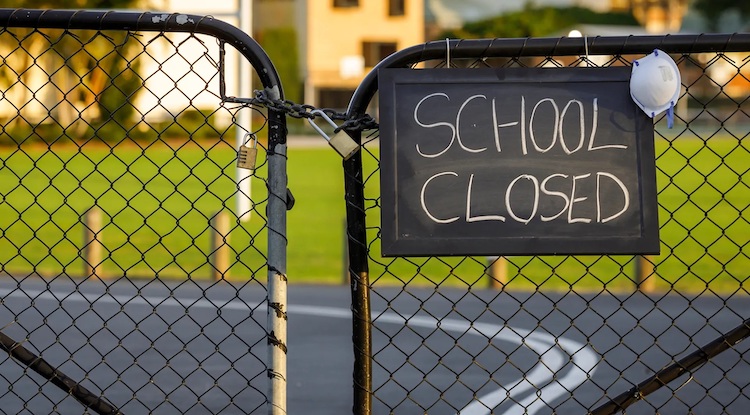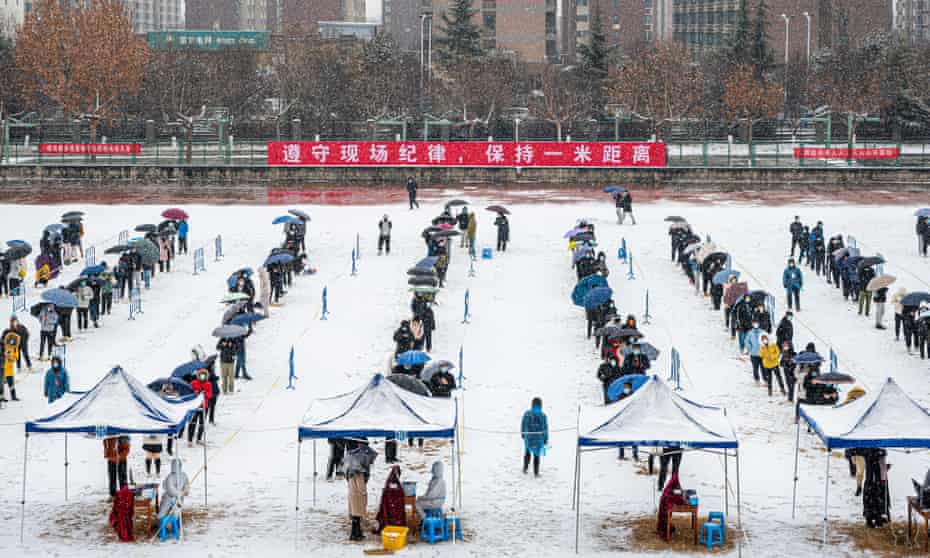A lot has happened recently on the COVID front, and it gets one to thinking. We’re all wondering when it’ll end, but some have even given up on the wondering and said “it’s over as far as I’m concerned.”
And I can see their point. We’ve been feeling our way through this over the past two years. Back in the early days, it was a huge deal if even one person got the virus in the area where I live and work (does anyone around Osan remember COVID Gina and the wine party?). The entire base where I work was pretty much on lockdown at the whiff of exposure, and we took it seriously – which I would fully expect. None of this “hindsight is 20-20” stuff. We just didn’t know what we were facing.

But now we do. Even as the numbers of cases are climbing precipitously, we’re seeing fewer hospitalizations and deaths per case. We understand the risk categories and can plan and protect accordingly. We’ve got effective vaccines that, even if they don’t keep you from getting the virus, appear to make it far less fatal (and more vaccines on the way that are supposed to target future variants). Really, the whole thing is starting to look a lot now like the flu, which we know also targets our vulnerable, but with which we have lived for centuries.
Still, the wheels of bureaucracy and fears of our leaders are still in play. The “one-size fits all” approach continues to be the norm in a lot of instances, where healthy, vaccinated, low-risk people are being locked up or locked down along with everyone else.
Really, though, we know that the days of people coming into work sick are generally over. It’s been drilled into us all enough that we know it’s rule one when it comes to making our decisions about going in or staying home. Here’s the problem now though – if you feel sick and get tested and are found positive, you get locked up for up to two weeks, even if your symptoms are mild and pass within a day or two. And yet, just a couple of years ago if you’d gotten the flu, you quite likely wouldn’t have been tested unless you obviously needed it. You’d stay home a few days and then it was back to work.
So it would almost seem the smart thing to do, playing this like the flu. If you get sick, stay home, take a couple of days’ vacation or sick leave, get better, go back to work. The one thing you don’t want to do is get tested. Don’t even tell anyone you’re sick. You do that and you run the risk of spending your next couple of weeks locked up.
I’m most definitely not calling for anyone to be selfish or irresponsible. Of course you keep taking precautions to protect the people around you. Eventually, though, there has to come a point where we all have to pretty much move on with our lives. The longer we keep doing this, the longer it’s going to drag out. But I think we’ve made some progress. We’ve had over a thousand cases on base here alone and things have gone on pretty much business as usual. Zero hospitalizations. Zero deaths. Because we’re vaccinated. We’re healthy. We’re cautious when it matters.

In the meantime, we see the other side of the coin with the extremes to which China continues to go, still locking down whole cities and districts with their “Zero-COVID” policies. How long is this going to go on? How long will they keep it up before they admit that there will never be a time where “Zero-COVID” is even possible? When they realize that their clean record only means a higher risk in the long run (or for a long run)?
We need to find that balance before the stifling regulation and outright hostility of some pushes more people into territory where a myriad of other maladies brought on by the stress and frustration do more damage than the virus itself. We can’t be careless, but one thing’s for sure – the one-size-fits-all, restrict everyone to prevent a few more cases has got to stop before it puts otherwise healthy people over the edge.


Have you read about what’s happening in Canada?